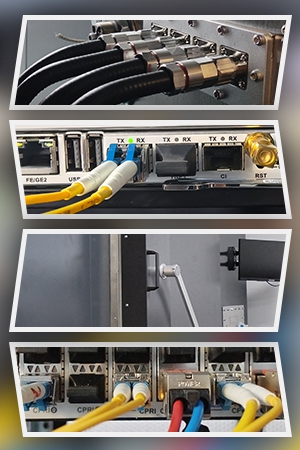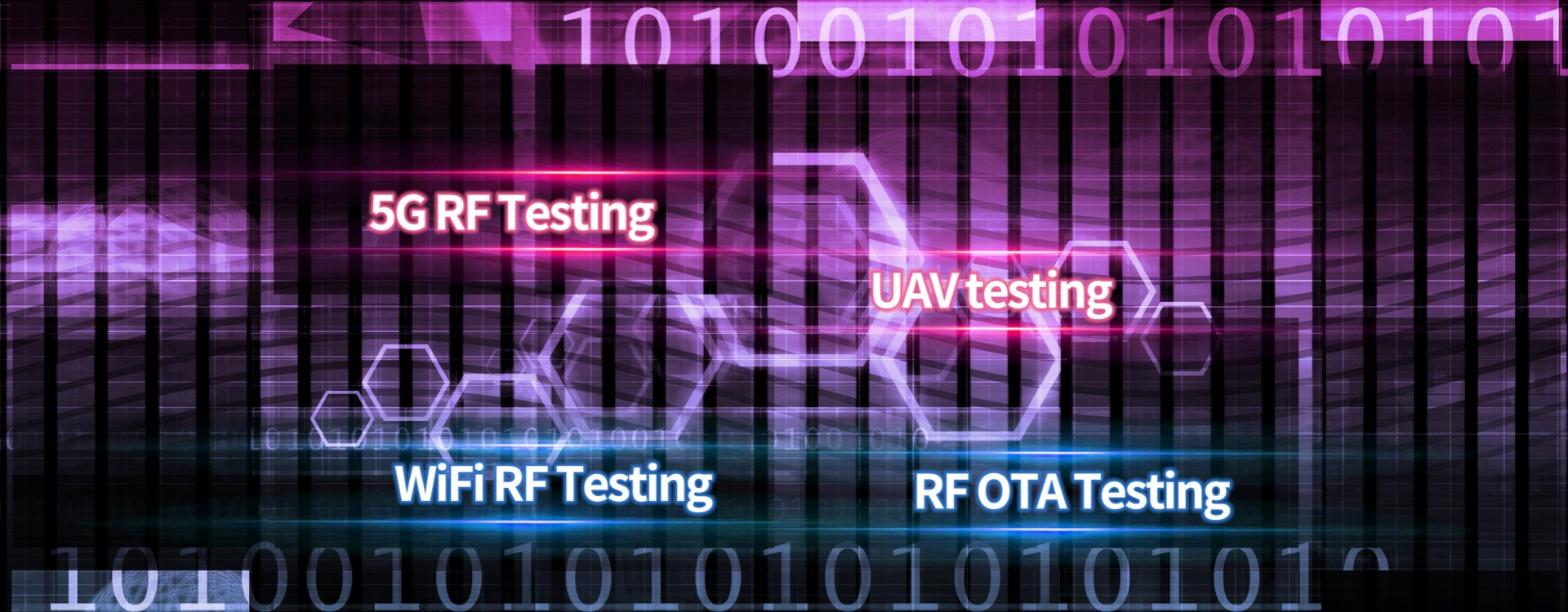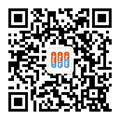Comprehensive Performance Verification Testing for Terminals Under Complex MultiFrequency and MultiMode Environments – Provided by Deeplight

In complex multifrequency, multimode communication environments—such as those involving 5G SA/NSA, 4G FDD/TDD, 3G WCDMA, 2G, GPS, BDS, GLONASS, and Galileo—terminals often face issues such as network signal coverage inconsistencies, fluctuating signal strengths, and frequent disruptions caused by mode switching and reconfiguration. These conditions may lead to improper network selection by terminals, frequent signal reconnections, slow network access, and communication instability.
To address these challenges, Deeplight has developed an intellectual propertybased testing solution designed to flexibly and effectively simulate various combinations of communication modes, frequency bands, signal strengths, and usage scenarios. This solution is capable of verifying:

Terminal signal selection capabilities under complex conditions
Mode selection priority
Stability of multimode switching
Service continuity under multisignal interference
Concurrent communication and satellite positioning performance
Equipment Used in Testing:
The solution utilizes a wide range of professional testing equipment, including:
2G, 3G, 4G, and 5G comprehensive testers
4G and 5G testers combined to simulate nonstandalone (NSA) 5G networks
Signal generators, spectrum analyzers, and shielded chambers

Test Modules and Descriptions:
1. Signal Selection Priority
Under coexisting 2G/3G/4G/5G signals, spectrum analyzers are used to observe signal presence. The system verifies:
Whether the terminal correctly prioritizes wireless networks during voice calls
The preferred network mode selected by the terminal during data transmission
2. MultiMode Switching Stability
Terminals are tested by sequentially activating 2G, 3G, 4G, and 5G testers and rapidly adjusting signal levels to verify the stability of mode switching across multiple radio access technologies.
In NSA configurations, different combinations of 4G/5G frequencies are tested to assess multimode switching stability under NSA networks.
3. Network Selection in Coexisting Signal Environments
With multiple technologies present (5G SA/NSA, 4G FDD/TDD, 3G, 2G, and various GNSS signals like GPS, BDS, GLONASS, and Galileo), terminals are tested for:
Proper network prioritization in voice vs. data modes
Realtime GNSS positioning accuracy during active communication
Adaptive network selection as signals weaken progressively, evaluating the terminal’s overall selection logic and performance
4. Cooperative Positioning Performance of GNSS and Cellular Networks
While independently enabling 2G/3G/4G/5G networks, GNSS signals are simultaneously activated. Satellite positioning data—such as satellite count and longitude/latitude—is retrieved via terminal GNSS applications.
Spectrum analyzers confirm that satellite signal frequencies are properly received (excluding those emitted by the terminal itself). Satellite signal strength is gradually reduced to determine the minimum signal strength at which the terminal can still perform accurate positioning.
Customization and Extended Testing Capabilities
In addition to the standard test cases above, Deeplight offers fully customized testing services tailored to clientspecific scenarios. Complex and combined testing strategies can be implemented to assess both functionality and performance.

Furthermore, Deeplight operates a dedicated operatorgrade private test network, enabling realnetwork simulations for various cellular terminals.
We welcome inquiries and cooperation for advanced testing needs.
Contact Deeplight to learn more.
Recommended items
-

Compatibility Testing Services for HighEnd Terminal Devices with MultiVendor Network Equipment (Huawei, ZTE, Ericsson, Nokia Bell, etc.)
With the full arrival of the 5G era, high-end smart terminal devices are being widely applied in key scenarios such as in-vehicle control systems, telemedicine, cloud gaming, industrial control, and robot communication. Such terminals impose higher demands on communication quality, protocol compatibility, and network interoperability. However, when used in combination with equipment manufactu...View more -

Technical Services Industry – Deeplight Technology Completes and Launches the First OperatorRouted 5G SA Private Test Network for External Services
To better support cellular wireless technology and operator certificationrelated services, Deeplight Technology has successfully built a rare and highly flexible 5G Standalone (SA) private test network in the technical services industry. This network offers a fully configurable, endtoend 5G architecture (including RedCap and 5G LAN), independent from public infrastructure. By leve...View more -

Deeplight – OpenHarmony Compatibility Testing, Porting, Adaptation, and Failure Case Analysis Technical Services
OpenHarmony compatibility certification primarily verifies that the partner‘s devices and business applications meet the technical requirements defined by OpenHarmony‘s open-source compatibility standards. This ensures that devices and business applications running on OpenHarmony operate stably and reliably, while maintaining consistent interfaces and user experiences across all devices a...View more -

Deeplight |Sharing Actual Project Experience in Google EDLA Testing and Detailed Google EDLA Certification Process
Are Google Android system devices certified by MADA or EDLA? What is the difference between EDLA and MADA?What is EDLA authorization and what is MADA authorization?EDLA certification process.View more




